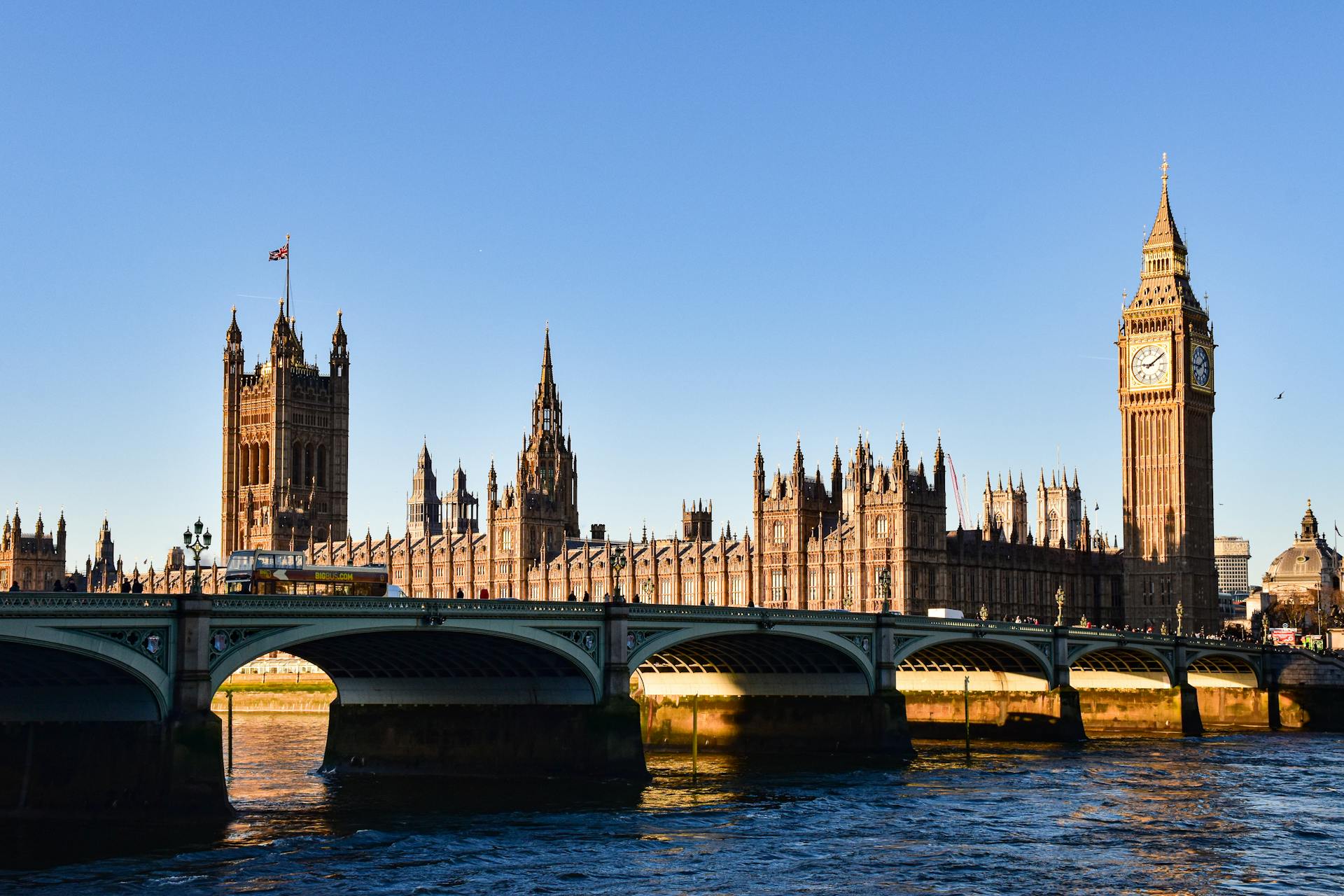
If you’re working through an umbrella company or considering doing so, there’s something important you should be aware of. Currently, we’re witnessing a concerning surge in fake umbrella companies attempting to exploit workers before new regulations effectively shut them down.
This article is based on reporting by ContractorUK, featuring insights from Crawford Temple, CEO of Professional Passport.
What’s Really Going On?
Temple is highlighting a concerning trend in HMRC’s latest ‘name and shame’ list, released in October 2025. The list, which now includes over 200 names, is exposing more and more disguised remuneration schemes that masquerade as legitimate umbrella companies.
These aren’t proper umbrella companies at all. They’re tax avoidance schemes disguised as legitimate entities, and they’re becoming increasingly brazen in their operations.
Why Is This Happening Now?
Here’s the thing – this sudden spike in dodgy operators isn’t random. It’s happening because they know their time is running out.
From April 6th, 2026, new umbrella company legislation will introduce Joint and Several Liability (JSL) rules. This is a game-changer. Once JSL kicks in, agencies and end-clients will become jointly liable for unpaid tax when a non-compliant umbrella is involved in the supply chain.
For rogue operators, this means their market will essentially dry up. No agency or end-client wants to risk being hit with a tax bill due to someone else’s questionable practices.
The Last-Ditch Effort to Cash In
Knowing they’ve only got until April 2026, these rogue operators are pulling out all the stops. They’re:
- Chasing accreditation (often falsely claiming to have it)
- Making their non-compliant models look legitimate
- Aggressively targeting both contractors and agencies
It’s essentially a final ‘cash-in’ before the new rules take effect, making the next six months particularly risky for everyone involved.
The Problem That Won’t Go Away
Despite years of government efforts – including tighter legislation, HMRC enforcement, and public warnings – Disguised Remuneration (DR) remains a persistent issue. These schemes continue to evolve and find new ways to operate.
The industry is seeing a sharp increase in DR schemes trying to pass themselves off as umbrella companies. They’re falsely claiming accreditation across many recognised standards to make themselves look compliant and trustworthy.
What Should Agencies Be Doing?
According to Temple, agencies should review their supply chains immediately and assess their options for protecting themselves against JSL risks. There are typically two main approaches:
- Carrying out checks after the event
- Paying the PAYE liability directly to HMRC
The key message? Don’t wait until the JSL legislation actually comes into force. That will be too late.
The final wording of the legislation is due on or after the Autumn Budget 2025 (November 26th, 2025), which should provide affected parties with the clarity they need to make decisions about transitioning to what Temple calls the ‘new world’ of compliance.
Taking action once that clarity emerges will help protect both agencies and their contractors from the financial and reputational damage that could follow if they’re caught on the wrong side of the new rules.
HMRC’s Efforts Are Welcome – But More Is Needed
The ‘name and shame’ list is an essential step in the right direction, and naming those involved in promoting or enabling these schemes helps raise awareness.
However, transparency needs to be backed up by swift, visible enforcement. HMRC has held a wealth of data for years that could have been used more effectively to identify and shut down these schemes earlier. According to Temple, the tax authority has dragged its feet for far too long.
The Risk Has Never Been Higher
Right now, the contractor umbrella company sector is under pressure. DR schemes are exploiting the final window before regulation tightens, and the risk of accidentally engaging with a non-compliant provider has never been higher.
If we want a fair, transparent, and compliant umbrella company sector – one that protects workers and gives agencies confidence, everyone needs to be extra vigilant.
What You Need to Do
The message for agencies, end-clients, and contractors is clear: don’t assume that an umbrella claiming to be accredited is safe.
Instead:
- Check the details forensically
- Ask for evidence of compliance
- Understand exactly how workers are being paid
The Clock Is Ticking
April 2026 will bring much-needed reform to working through an umbrella company, and it will also bring accountability. Those who act early will protect themselves and their workers. Those who wait could find themselves holding the bill.
The bigger picture is simple: if you’re working through an umbrella company or with one, now is the time to ensure you’re with a legitimate, compliant provider. The window for rogue operators is closing, and they’re getting increasingly desperate.
Don’t get caught in their last-ditch cash grab.
At SmartWork, we’re committed to full transparency and compliance. We understand that the umbrella company sector has been under pressure from non-compliant operators, and we’re here to provide a service you can trust. If you have any questions about how we operate or our compliance standards, please don’t hesitate to contact us.


